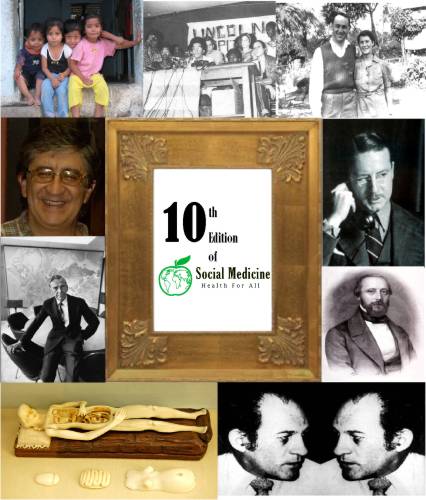Health Equity: Conceptual Models, Essential Aspects and the Perspective of Collective Health
DOI:
https://doi.org/10.71164/socialmedicine.v3i3.2008.243Keywords:
Health Care Disparities, Health Status Disparities, Collective HealthAbstract
This paper analyzes the concept of health equity, drawing on ideas of social justice, of rights and values, and of the social and economic determinants which define living conditions and power relations among social groups. Differing schools of thought concerning health inequality and inequity in health are considered, highlighting contemporary approaches and the conceptual and operational diversity of definitions. We adopt the viewpoint of collective health and outline the elements which are essential to the understanding of inequity: the role of social, economic, political, cultural and ideological determinants on the equity of health outcomes, access to services and quality of care. We conclude that theoretical/conceptual frameworks must be formally spelled out before we can advance our understanding of health equity. The use and interpretation of terminology is made problematic by the abundance of definitions, although there appears to be a consensus on the need to further explore - in a varied, complementary and integrated manner - aspects of health care itself and of its environment. From a collective health perspective, we need to move beyond traditional approaches, a challenge which will enable better understanding of the social dynamics which, when expressed as inequalities in health, constitute social inequity.Downloads
Published
Issue
Section
License

This work is licensed under a Creative Commons Attribution-NonCommercial-NoDerivatives 4.0 International License.

